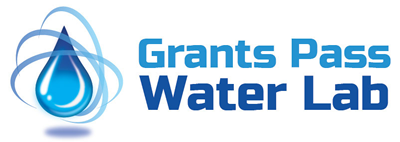
Nitrates
Nitrate is a compound formed when nitrogen combines with oxygen. It occurs often in nature when nitrogen in the air reacts with oxygen or ozone. It is produced by plants and animals, and is a common ingredient in smoke and exhaust.
Naturally occurring levels of nitrate in surface and ground water do not generally exceed 2mg/L. Water with less than 10mg/L is generally safe for use in foods and beverages. Sources of elevated nitrate levels include fertilizers, septic systems, animal feedlots, and industrial wastes. It also occurs naturally in certain geological settings, and can result from decaying organic matter.
Nitrate levels above 10mg/L may represent a serious health concern for infants, and pregnant or nursing women. Adults receive most nitrate exposure from food. Nitrate can interfere with the ability of the blood to carry oxygen to vital tissues of the body in infants of one year old or younger. The result is called methemoglobinemia, or "blue baby syndrome". Other domestic use of this water is acceptable, including washing and bathing.
Heating or boiling water containing nitrate will not remove the nitrate, but may actually concentrate it. Mechanical filters or chemical disinfection, such as chlorination, do not remove nitrate from water. Nitrate may be successfully removed by using treatment processes such as ion exchange, distillation, and reverse osmosis. These treatment techniques require careful maintenance and sampling to achieve and confirm effective operation.
